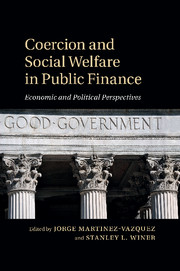We use a within-subject experimental design to investigate whether systematic relationships exist across distinct features of individual preferences: altruism in a two-person context, risk aversion in monetary outcomes, and social preferences in a group context. We find that altruism is related to demographic variables, including years of education, gender, and age. Perhaps most importantly, self allocation in a two-person dictator game is related to social preferences in a group context. Participants who are more generous in a dictator game are more likely to vote against their self-interest in a group tax redistribution game which we interpret to be an expression of social preferences.
